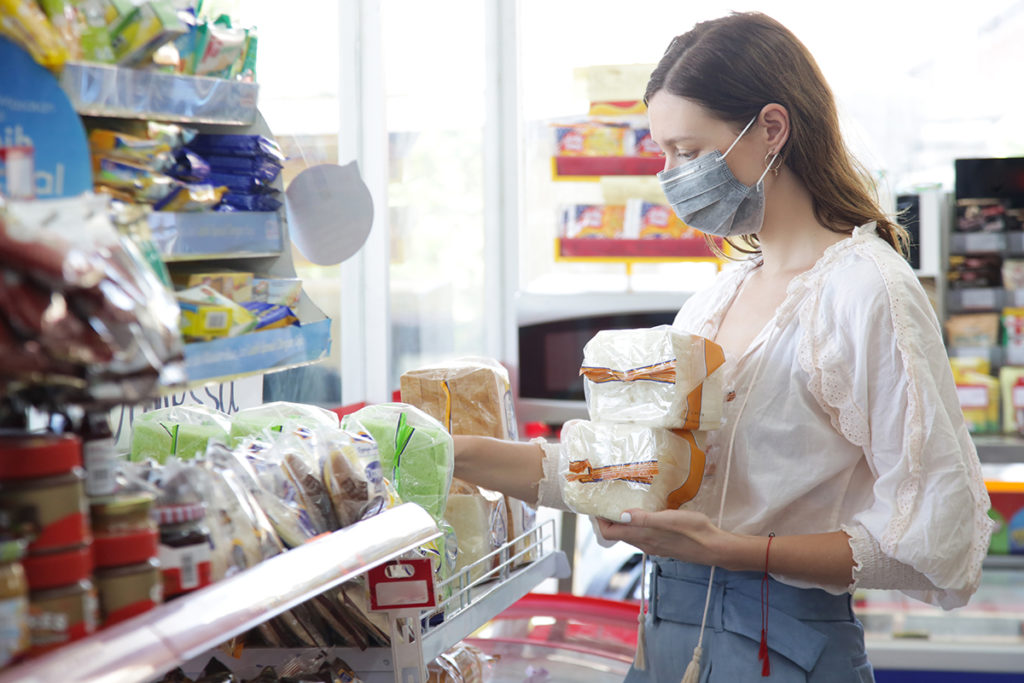Read the latest and greatest from our team
of incredible specialists.

Beach House Recovery Center » Blog » Coronavirus: How to Stay Safe and Informed
At Beach House, we have always made safety and health pivotal priorities for our clients and staff. Amid the rapid transmission of the coronavirus pandemic, we continue to monitor the outbreak and follow the most up-to-date guidance from the World Health Organization and the Centers for Disease Control and Prevention.
Because we understand this is a time of unparalleled worry and challenges for many, we want to help ease your mind by providing valuable, actionable information about what steps you can take to stay safe and keep yourself and your loved ones healthy.

We are all trying to stay abreast of updates about COVID-19. However, you should be judicious about the news sources you follow, especially if you’re one of the many Americans who only skim headlines online. If you find something sensationalistic on social media, take it with a grain of salt. You can use websites such as factcheck.org to debunk stories or get more background before you share news that might not be accurate.
The mundane task of buying groceries has taken on outsized importance in the age of coronavirus. Curbside pickup and home delivery, which are the two safest ways to replenish your pantry, are becoming harder to come by, and the scarcity of items such as toilet paper and soap has become a nationwide problem as people have panic-hoarded them. In-store shopping has also become trickier, as many stores are restricting the number of customers allowed in at once.
Take a more tactical approach to shopping in person by using Google’s “Plan Your Visit” search feature to see when the store of your choice experiences its least crowded times. For a maximally efficient trip, organize your shopping list in order of the way you’d find items laid out in the supermarket. Try smaller, locally owned markets for hard-to-find goods such as dairy, bread and paper products.
We’re facing a novel virus that has already killed millions of people worldwide, and our top researchers have yet to find a vaccine. As much as you may be yearning for the end of self-quarantine and social distancing, they are still the most dependable and responsible ways to prevent transmission of this deadly illness.
The general rule of thumb to stay six feet – or more – apart from others when you must go out in public comes from what we know about how the virus spreads through airborne droplets. However, health professionals have also discovered that many people have transmitted coronavirus to others while remaining entirely asymptomatic themselves. Since U.S. testing capacity is still so limited, the best thing you can do to stay safe and protect yourself and the highest-risk people in your community is to remain home except for essential errands such as getting groceries.
The CDC now advises everyone to cover their faces when leaving the house to pick up prescriptions and other household necessities. The facemask serves several purposes: it helps you avoid spreading the virus if you have it; it keeps you from touching your face; and it serves as a visible symbol to others to remind them to stay at least six feet away from you. For more information on how to use masks to stay safe, see CDC guidelines, including how to create a DIY cloth face covering.
If you are one of the many Americans who qualify to receive a coronavirus stimulus payment from the IRS soon, you should proactively plan for how you will spend or save yours. If you have many different expenses to pay, such as utilities and rent, consider whether there are any bills you can defer. Many lenders and service providers are aware that their customers may be struggling to make ends meet, and are offering forgiveness or waiving late payment fees.
If you’re fortunate enough to not need the stimulus immediately, consider putting some of it toward your savings and donating the rest to charities such as your local food bank, or buying gift cards to support your favorite small businesses.
We recognize that people who are living with substance misuse problems are still searching for treatment centers that can put them on the path to lifelong recovery, even in the uncertainties created by the coronavirus crisis. We continue to welcome new clients to our private, five-acre campus, following stringent protocols that allow us to stay safe and remain COVID-19 symptom-free. Reach out to our admissions counselors for more information.
Whether you’re researching for yourself or a loved one, Beach House can help. We understand that this is a serious time in your life and that the treatment center you choose matters. We want you to feel comfortable and empowered to make the right decision for yourself, a friend, or a family member. This is why a counselor is waiting and available to answer your questions and help put your mind at ease regarding the next steps. Many of the staff at Beach House have walked in your shoes. If you feel you’re ready or want more information about how to help a loved one, we can help today. You can also learn why we are voted the #1 rehab for addiction treatment in Florida.
We accept most major insurance plans and can verify your benefits quickly and confidentially.
We’re committed to helping you access the care you need, our admissions counselors can guide you through your coverage options and available resources.





"*" indicates required fields